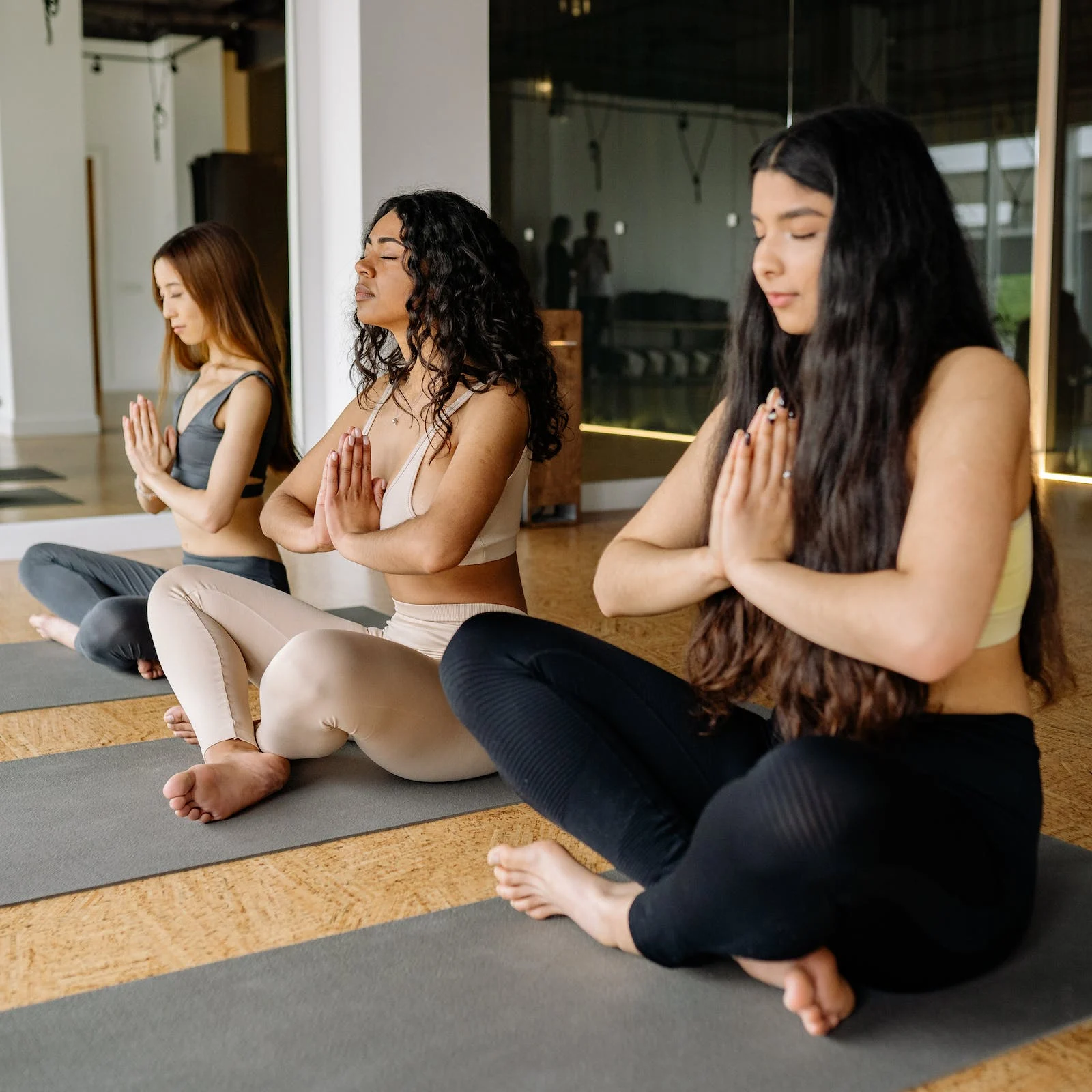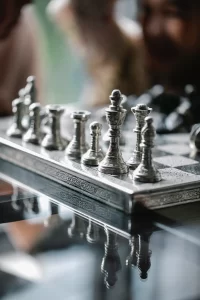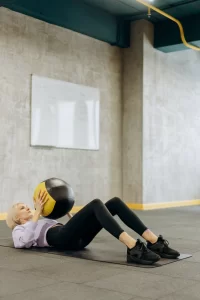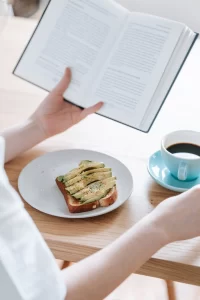10 MINIMALIST LIFESTYLE TIPS TO DE-STRESS AND SAVE MONEY
In recent years, minimalism has been a very popular choice. Living minimalist means that you only need to use what is necessary. Living simply means that you only need what you use to live your day. Some people might set up a no-spend pledge or limit the number of items in their homes. You can save not only money but also save time cleaning and organizing.
Minimalist living is a continuous process. There are always ways to improve or modify minimalism. Start by evaluating what is important in your life. A minimalist mindset will help you live a more focused and organized life. Start by organizing your finances. It is important to take the first steps in decluttering your life. However, you may need to create a plan to keep these habits going.
Many people have too many things and spend too much money on unnecessary items. A healthy and consistent budget will help you reduce the amount of stuff you don’t use and may even reduce stress and anxiety. Download our app to keep track of your minimal budget. If you are considering decluttering for the season, go to our infographic. Or continue reading for more tips and tricks on living a minimalist life.
Minimalist Lifestyle Starter Tips
It’s important that you start small when starting your journey. There are many ways to change your routine, from changing your shopping habits and going digital. These are our top tips to help you get started on your journey toward minimalism.
1. Choose Quality and Not Quantity
Minimalism does not mean that you will never shop, but it does mean that you are more mindful of what you buy. Quality pieces will last you a lifetime, no matter if you need new running shoes or work pants. Although a higher price tag might seem less appealing at the time, it will likely help you save money over the long term by reducing your frequent purchases. You’ll also reduce your waste — one trash truck full of clothes is thrown away every second.
2. Digitize Movies & Books
Consider going digital if you are a huge reader or movie-watcher. You will be able to find what you need and save space in your house. You don’t have to travel to the bookstore to get your next book. It is possible to order it online in just a few clicks. Consider visiting your local library if you enjoy the tactile sensation of turning the pages. All kinds of books are available at no cost.
3. Eliminate, Eliminate, Eliminate
Minimalism is about reducing the number of things that you don’t use. Start by identifying what is important in your life. Start by identifying what serves a purpose in your life and then start to reduce or eliminate the items that do not add value. Before you start decluttering your entire life, it’s worth trying a mindful-money challenge.
4. Invest In Reusables
Consider what products can be reused as you begin to declutter your house. You could make a simple change by switching out disposable water bottles to reusable glass ones. You can even take your reusable coffee cup to your local cafe every time you go. You can get a discount by bringing your own cup.
5. Make Every Place a Place
Once you feel comfortable, assign each item a spot. You can get creative with organizers and storage bins to make sure you have the right amount of space. You may need to reconsider whether you have enough space for your extras. Once your minimalist space is in place, you should be responsible for disposing of items when they are no longer needed.
Five Money-Saving Minimalism Best practices to Follow
It is one thing to begin your minimalist journey. But it’s another to continue your practice. There are simple steps to living an intentional lifestyle. Continue reading to learn how this can help you save time, money, stress, and more.
6. Invest in experiences
Minimalists often prioritize experiences over material objects. People value the memories made from travel or classes more than the latest fashions and gadgets. Decide where you stand, and then spend wisely.
Minimalism can help you cut down on “extra” expenses, but it may also give you more money to spend on other things. Be careful where you spend your extra money. You can save your coffee money to spend on a weekend with your family. You might find that you are spending less on the things that drain your money and saving more.
7. You should re-audit your life frequently.
Spend some time to evaluate your spending habits and then reviewing them regularly. Cut out any items that take up space, or drain your energy. You may feel more comfortable and want to get rid off things that you don’t need. If you find yourself reaching for the same things every time you cook, your kitchen could be useless. Reduce clutter to create more space.
8. Reduce Meaningless Expenses
The average American spends $18,000 per year on unneeded purchases. You may be able to cut down on large amounts of these costs by reviewing your budget. You can find cheaper alternatives for things that you don’t want to eliminate. A vacation in another county may be exchanged for a staycation right in your own backyard.
9. Don’t worry about what you can’t control.
It can be difficult to let go of things that you cannot control. Start by focusing your attention on the things that you enjoy doing or having. Once you’ve narrowed down your priorities, you can focus your energy on those things. Your budget may be cut by being grateful for what you have. It is possible to find that you are more comfortable reusing what little you have than wishing for more.
10. Recognize What You Have
Focus on the positives and practice gratitude. Instead of scrolling through social networks, list three to five things that you are grateful for. You may find that practicing gratitude early in the morning can put you in a positive mood and help you get ready for the day ahead. You might be able to reduce your desire to spend on unnecessary things by being grateful.
It may take some time for you to become a minimalist, but it is worth the effort. You may feel less stressed about the little things when you declutter your life. Your budget may be easier to manage, and you will have more clarity when making decisions. Minimalism can help you see what is most important and where you want to spend your energy. Minimalism can have a profound impact on many areas of your life, including your finances, your home, and your relationships.













Post Comment